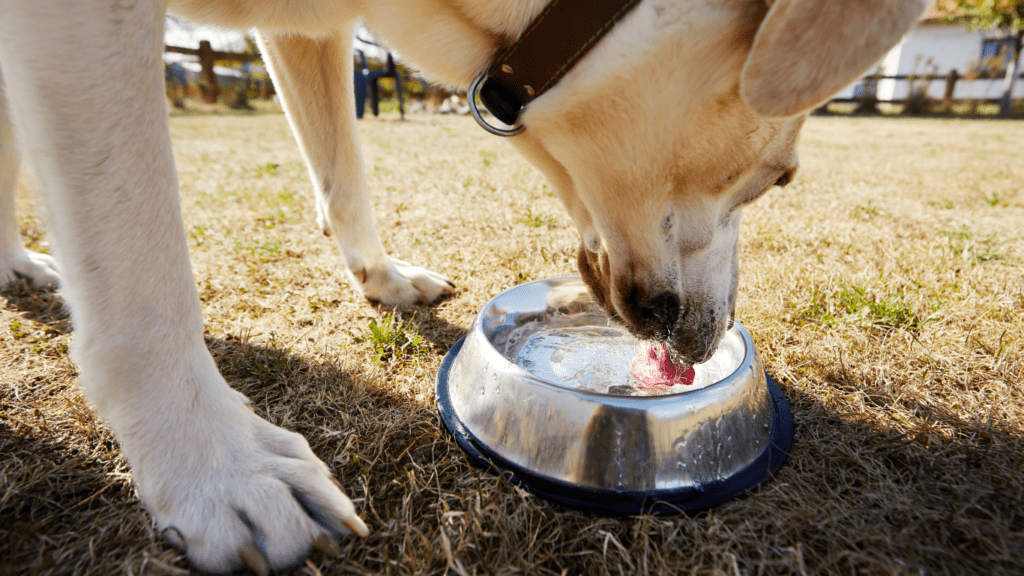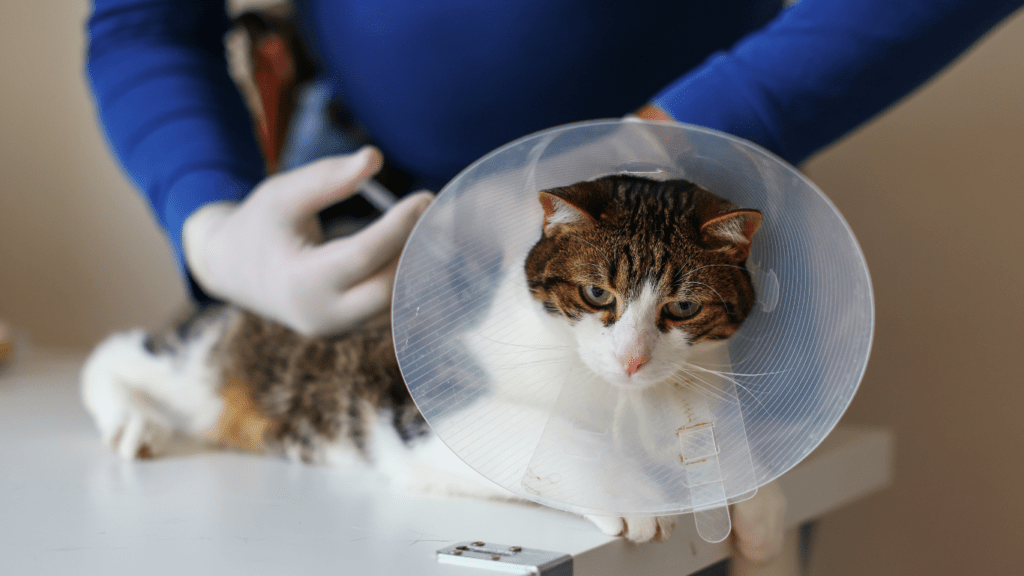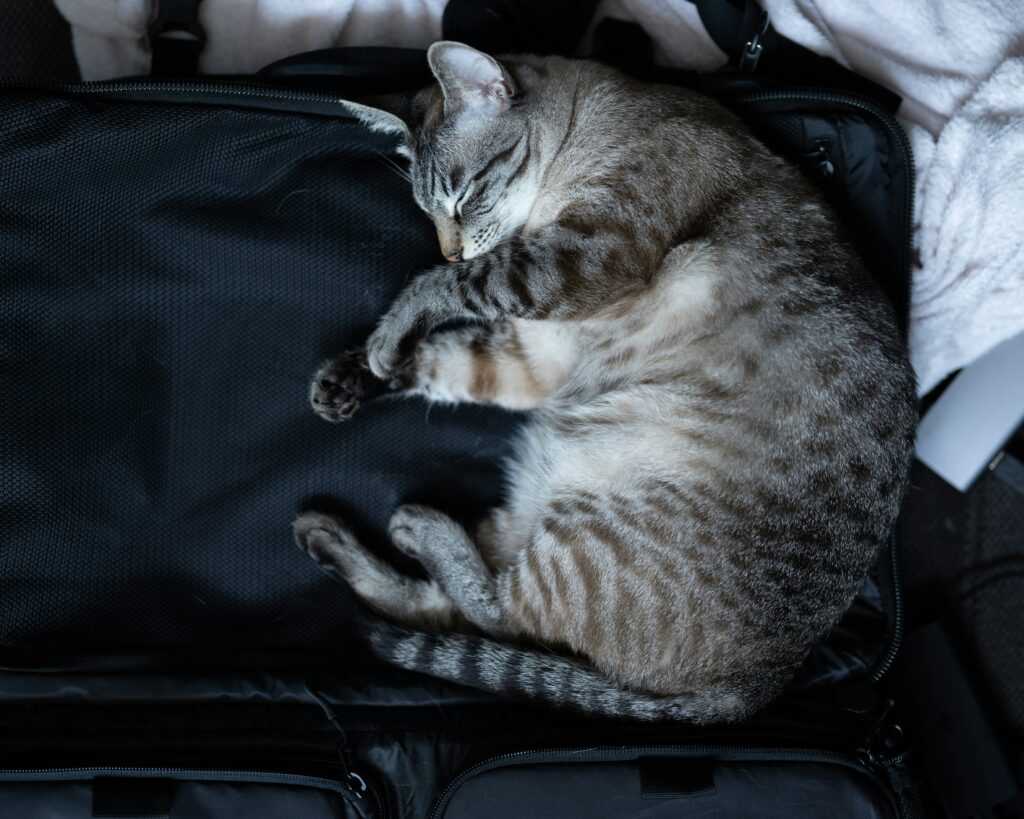Essential Vaccinations Before Travel
Ensuring your pet has the necessary vaccinations is crucial before any trip. Core vaccines protect against widespread diseases.
These include:
- Rabies: Required by law in many regions. Provides protection against a fatal viral infection.
- Distemper: Essential for dogs to prevent a highly contagious and serious disease.
- Parvovirus: Critical for puppies and dogs to avoid a severe, potentially deadly gastrointestinal illness.
- Adenovirus: Important for preventing hepatitis in dogs.
Additional vaccines depend on travel destinations and local disease risks. Examples:
- Leptospirosis: Advised in areas with high exposure risk to infected water or soil.
- Lyme Disease: Recommended if traveling to regions with tick infestations.
- Bordetella: Necessary for pets exposed to kennels, grooming facilities, or dog parks.
- Canine Influenza: Suggested for dogs in contact with many other dogs, particularly in kennels.
Consult your veterinarian to determine specific vaccinations for your destination. Your vet can also issue a health certificate, required for international travel. Ensure vaccinations are up-to-date at least a month before departure.
Feeding Your Pet While Traveling
Feeding pets while on the road poses unique challenges. Adapting their diet to travel conditions ensures their well-being and comfort.
Choosing the Right Food
Selecting the right food for travel is crucial. Pets react differently to changes in their diet, and travel can exacerbate these reactions. Opt for food that’s familiar to your pet to avoid digestive issues.
Pack enough of their regular diet to last the entire trip, plus a few extra days. For example, if your pet usually eats kibble from a specific brand, bring that exact type and brand with you.
Monitoring Food Intake on the Road
Monitoring your pet’s food intake while traveling helps maintain their health. Offer meals at the usual times if possible, and provide portion sizes they’re accustomed to.
Track their consumption to ensure they eat enough without overindulging. If they lose appetite due to stress, consult a vet for advice. Additionally, maintain hydration by providing fresh water regularly, especially during long drives or high temperatures.
Keeping Your Pet Hydrated

Ensuring your pet stays hydrated while traveling is crucial for their health. Carrying the right tools and knowing the signs of dehydration can make a big difference.
Types of Portable Water Bowls
Portable water bowls come in various designs to suit different travel needs.
- Collapsible Bowls: These bowls, made from silicone or fabric, are lightweight and easy to pack. They fit well in any travel bag and pop open when needed.
- Bottle-Attached Bowls: These products combine a water bottle and bowl into one unit, offering convenience. Simply flip the bowl open and squeeze water from the bottle.
- Foldable Pouches: These pouches are compact when empty and expand when filled with water. They’re perfect for long hikes or trips where packing space is limited.
Signs of Dehydration to Watch For
Recognizing dehydration signs ensures timely intervention.
- Lethargy: If your pet appears unusually tired or less active, they might be dehydrated.
- Dry Nose and Gums: Check if their nose and gums are dry. Healthy gums should be moist.
- Loss of Skin Elasticity: Gently pinch a small amount of skin on their back. If it doesn’t snap back quickly, your pet could be dehydrated.
- Sunken Eyes: Dehydration often causes eyes to appear sunken.
Monitoring these signs helps in keeping your pet safe and comfortable during travel.
Managing Pet Anxiety During Travel
Pets often feel anxious during travel. Following specific strategies can help them remain calm.
Tips for a Calmer Journey
Familiarize your pet with the carrier before the trip by letting them explore it at home. Place their favorite toys and blankets inside to create a sense of comfort.
Consider using natural remedies like pheromone sprays or calming chews to ease anxiety. Products like Adaptil for dogs and Feliway for cats have shown effectiveness.
Ensure your pet’s carrier has adequate ventilation and is well-secured. A well-ventilated carrier reduces added stress from overheating.
Use soft, familiar bedding to add comfort, minimizing the travel-related stress that new environments can cause.
Maintain a calm demeanor, as pets often pick up on their owner’s stress levels. A relaxed environment can help calm an anxious pet.
When to Consult a Veterinarian
Seek a veterinarian’s advice if your pet has severe travel anxiety. The vet can prescribe medications like anti-anxiety drugs or sedatives.
Monitor your pet for signs of extreme anxiety, such as incessant barking or panting. If these behaviors persist despite calming strategies, veterinary intervention may be necessary.
Ask about specific travel-related health issues your pet might face based on their breed or character. A quick consultation can provide tailored advice for your pet’s unique needs.
In cases where chronic anxiety affects your pet’s health and behavior, a veterinarian can recommend a comprehensive anxiety management plan. A pre-travel vet visit ensures your pet’s well-being throughout the journey.


